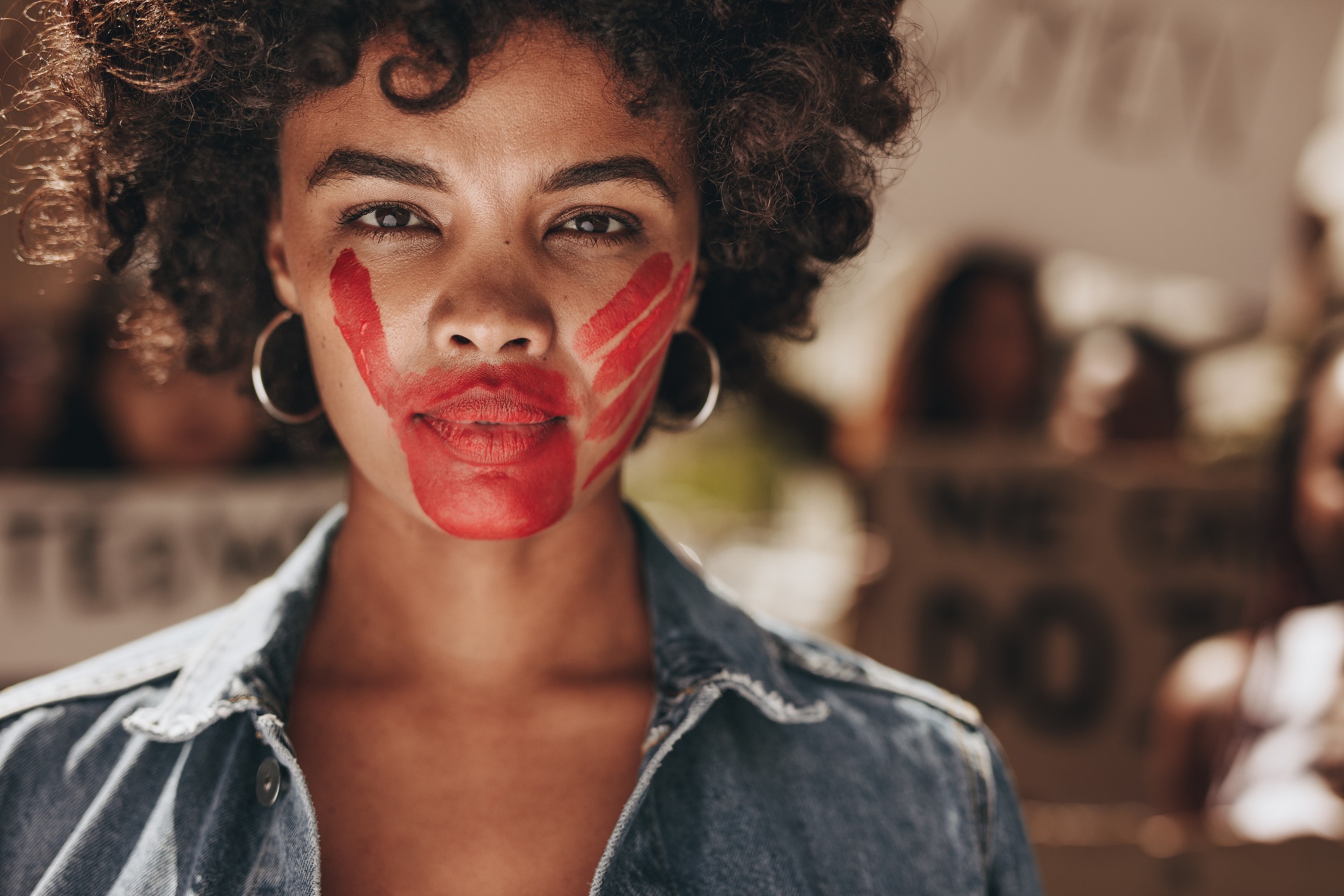MEET ARIANA

Victims live among us like an average child or adult. Sometimes they cause attractions through drunkenness, mental illness or other vital behaviours. Most don’t tell their stories, and often time we learn about their lives through whispers and gossips. We have a trained culture of silence and disgrace in public. As Africans, we were always taught to mind our business, speak when spoken to. And to know our place in society. Here are key reasons why abuse is still a major problem in the African community.
An old African proverb says, “It takes a village to raise a child.” It is sad to see that the ancient tradition of caring and community support lags in the present age. Child abuse is a devasting problem all over the world. “Yet, globally, an estimated 95 million children experience abuse annually, with the highest rates reported in the World Health Organization (WHO) African region.” (Badoe, 2017). The major problem in the African community is the attitude about the word abuse. It is considered a European coined term that doesn’t fit with African’s reality.
I have witness child abuse in its most atrocious form. I know an eight-year-old girl whose family was poor. She was taken from the Village and came to live with a family who was considered wealthy. For many years, until that child became pregnant by another member in that household, she was physically and emotionally ill-treated and sexually abused. One day, I asked if her parent know what she was going through; she replied, saying they knew it. They told her to be a good girl and be patient as they cannot help her. When I brought that up to my family, they sympathized with the girl, but they did nothing. Everyone else in the neighbourhood knows of her abuse and maltreatment, but nobody did anything. The Village that should be protecting that child is silent and inactive. For people who undergo adverse experiences in life, the culture of silence becomes the detriment of their overall health and wellness. We can end the silence culture by intervening during a critical period to prevent trauma or help people heal from their trauma.

Culture and tradition play an essential role in our lives as they reinforce our values and beliefs. When people come together in genuine support, the quality of life increases for those people. Those same cultures and traditions sometimes silence the weak and give strength to oppressors. Violence against women is presently a crisis and a significant concern for women and girls globally. Unless we challenge specific laws and beliefs in our African communities, change attitude, and become advocates in our societies, the issue of violence against women will continue to rise. There was a woman who was married with three children. Her husband was a chronic alcoholic and a well-known prominent figure. The woman told her family about the abuse; they told her to be patient and that she needs to stop doing whatever it was that triggers the husband to beat her. She had a private meeting with her religious leader, who is supposed to be their marriage counsellor and other community members. She told them that she was considering divorce and leaving with the kids after the husband knocked her tooth out. They said to her that divorce is a taboo and not a part of the African culture. They chastised and blamed her for not doing her wifely duties. They told her that she would bring disgrace to her family, and no man in their community will marry a divorced woman with children if she leaves. And, so she stayed, the abuse continues while the man climbed the various ladder in society.
Abuse is a devastating event that can affect a person’s physically, psychologically and emotionally. Trauma is not something you can “just” get over; it is destructive, and it takes time and effort to heal. Trauma can cause pain; it can destroy a person’s self-image and sense of security; it can lead to depression, mental illness and suicide. People dealing with trauma often use maladaptive coping strategies such as social isolation, drug and alcohol abuse, sexual problems. Traumatize people already feel guilt and shame, helplessness, confusion, anger, denial or shock. Their trauma may manifest in uncontrollable ways, including trouble sleeping, nightmares, and irritability.

People go through various experiences in their lives; they deal with different types of trauma and respond differently to those traumas. As a friend, family, colleague, professional or whatever position you find yourself, be a good listener and do your best to help others going through or productively deal with trauma. Silence speaks volumes, and no action is an action to do nothing. Many people suffer in silence. After all, they feel hopeless because they fear being judged or disconnected from social circles.
To prevent abuse in the African community, we need to become our neighbour’s keeper. We need to start speaking up for the voiceless. We need to utilize the tools at our disposal to create noise and make a change. We need to stop blaming the victim, get rid of our biases and help wholeheartedly.
The most selfless and religious thing to do for others is to help create happiness. Let’s change the language and attitude of silence and be freedom advocates for others.
Badoe, E. (2017). A critical review of child abuse and its management in Africa. African Journal Of Emergency Medicine, 7. Retrieved from https://www.sciencedirect.com/science/article/pii/S2211419X17300125






We really need to be our neighbors keeper, lots of Africans that are living in the diaspora have gone through different forms of abuse and are still going through abuse today.
Thank you for this. We need to have more conversations to end abuse on on children and women. The village no longer raises children, they have failed them by not speaking up.
The freedom to speak up starts from the home. When a child say something she is going through elders are quick to say” shut up, keep quiet ” you have automatically turn off the confidence, boldness button of that child,all he or she can do now is to endure whatever abuse he or she is receiving. As Africans let cultivate the habit of allowing our little ones say what’s on their tiny little head, be serious about their complaints, concerns. Just few days ago a girl child that is less than 10yrs old commit suicide, only God knows what she was going through.